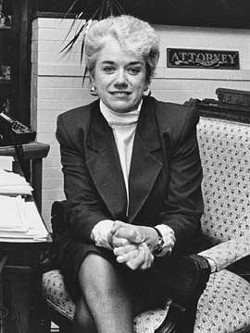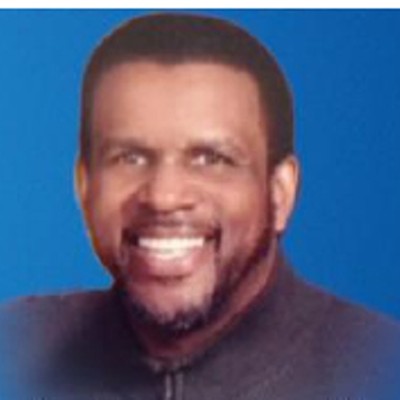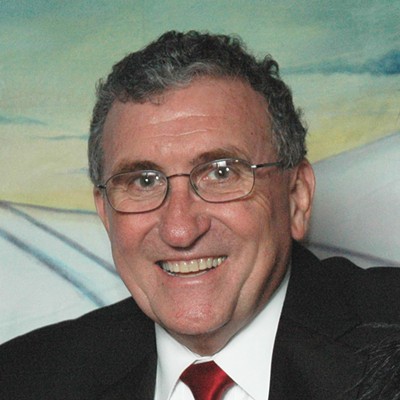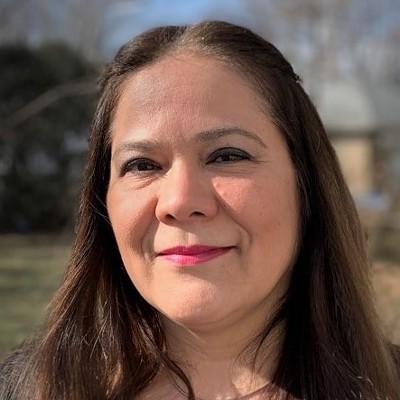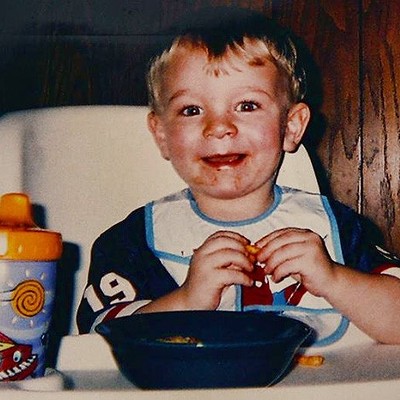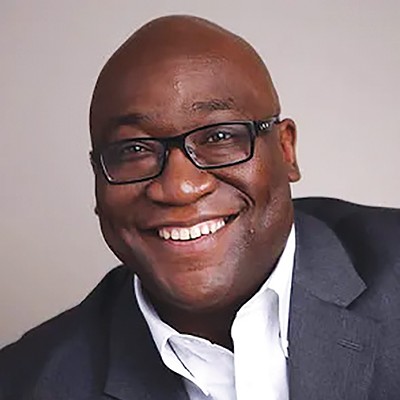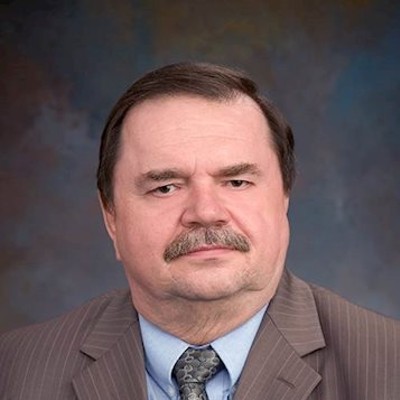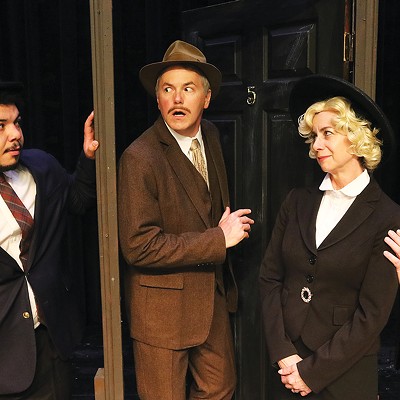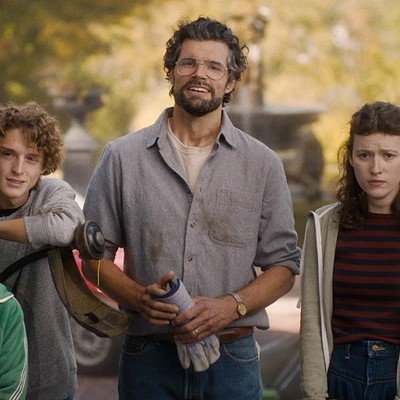Mary Lee Leahy fought for underdogs.
Best known for representing state workers in a landmark Supreme Court decision that ended overt patronage in government, the Springfield attorney who succumbed to pancreatic cancer had plenty of uphill battles. Even outside the courtroom, Leahy remembered the little guy.
Consider the Kentucky Derby parties she hosted at the converted schoolhouse that was her home in Athens. There were always fancy hats and low-stakes wagering on which horse would win, but equally important was betting on which horse would finish last, which was sometimes difficult to determine given that television broadcasts rarely focused on the back of the field.
“We would be gnashing our teeth, saying ‘Who came in last?’” recalls Claire Eberle, a longtime friend.
Early in her legal career, Leahy stood up to the late Chicago mayor Richard Daley, successfully working to replace Daley-backed delegates to the 1972 Democratic National Convention with an independent slate led by Chicago Alderman William Singer and the Rev. Jesse Jackson.
Not long after, Leahy and her husband, Andy, who died in 1986, moved from Chicago to Springfield, where she became head of the Department of Children and Family Services under newly elected Gov. Dan Walker. At the time, DCFS was rocked by scandal sparked by reports that the agency had been shipping kids to unlicensed facilities outside Illinois where abuse had occurred.
Before moving to Springfield, Leahy ran unsuccessfully for an alderman’s post in Chicago, and she considered running for state senate in the early 1990s, when she also flirted with trying for the U.S. attorney’s appointment in central Illinois after Bill Clinton won the White House. While she helped with several Democratic political campaigns and was a Fulbright scholar and law school professor, Leahy will be remembered as a lawyer, not a politico or academic.
“She was a very, very good lawyer, as evidenced by the things she did,” recalls Dawn Clark Netsch, who served as a delegate with Leahy at the 1970 state constitutional convention and went on to become a state senator and state comptroller before an unsuccessful campaign for governor.
Her most famous case changed the face of public employment across the nation. Lead plaintiff Cynthia Rutan, who died last year, and three others sued the Republican Party, alleging they were denied jobs in state government because they didn’t vote Republican. The case ended up before the U.S. Supreme Court, and Leahy was in her element on the day in 1990 when she argued before the highest court in the land.
“I woke up calmer than I’ve ever been in my life,” Leahy told the State Journal-Register. “It was like a special gift from God.”
The court ruled 5-4 for the plaintiffs, saying that the patronage system then in place in Illinois violated the right to freedom of speech. The case cemented Leahy’s legacy as one of the preeminent employment discrimination attorneys in Illinois, if not the nation. Seven years later, she won a case before the state Supreme Court, which ruled that veterans must be given preference over equally qualified non-veterans in hiring for state jobs.
In Springfield, Leahy helped found the Central Illinois Women’s Bar Association and became its first president. She professed herself not surprised in 1990 when a task force organized by Illinois Bar Association, the Chicago Bar Association and the Women’s Bar Association of Illinois found bias against women, both litigants and attorneys, in the state’s courts.
But Leahy, who passed the bar exam in 1966, could hold her own.
“She was a no-nonsense but very compassionate person,” Eberle says. “If I had to give one word that comes to mind, it’s ‘strong.’”
Leahy knew about discrimination firsthand. When she told either a dean or professor at law school that she was pregnant, she was informed that she should leave school, Eberle says.
“She said ‘I need to stay in, finish the semester and take my finals,’” Eberle said. “He told her, ‘No, you need to drop out.’ She told me that if she had known that was going to be the response, she would have just bought some loose-fitting clothes and finished the semester. That’s what women of her era had to put up with.”
Springfield Ward 5 Ald. Sam Cahnman, who is from Chicago, recalls working as a high school student to get Leahy selected as a delegate to the 1970 constitutional convention. As a reward, Leahy picked him to serve as a convention page. Decades later, after he was elected to the city council, Cahnman said that Leahy often contacted him to ask when the city would demolish an abandoned house near her office. The house finally came down earlier this year, he said.
“She and Andy (Leahy’s late husband) used to joke around: I was her first patronage appointment,” Cahnman said. “She was a strong advocate for herself and for her clients.”
She never lost her sense of humor. Her obituary states that she wanted mourners to make remembrances with contributions to Sojourn Shelter or the Pancreatic Cancer Action Network or by purchasing a book of poetry written by her daughter Anna or finding Brigid, her other daughter, “a good man.” During her life, she observed the Epiphany each year with a party at her home, requiring guests to bring tacky gifts to exchange. A highlight was a woman’s girdle from the 1940s or 1950s that kept getting regifted, Eberle recalled.
“That girdle changed hands for several years,” Eberle said. “She just had a knack for throwing these marvelous get-togethers. It was the most fun.”
Leahy took plenty of cases that never made headlines, and she didn’t win them all. But she made a difference.
“We take women lawyers and doctors for granted today,” Eberle says. “She was a pioneer.”
–Bruce Rushton

